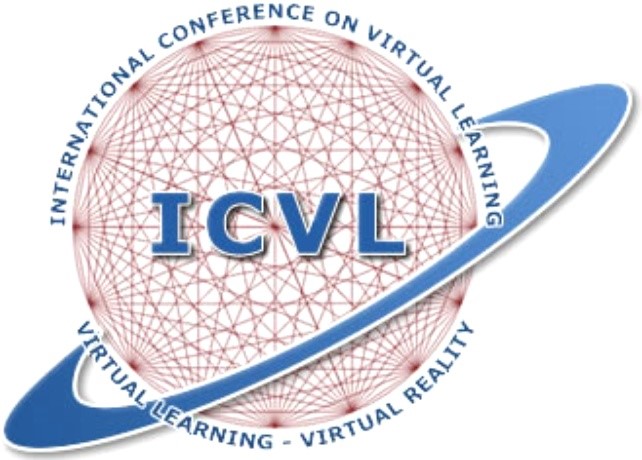Topics of interest include but are not limited to:
- Design and Development of Online Courseware
- Cognitive Modelling and Intelligent Systems
- Innovative Web-Based Teaching and Learning Technologies
- Digital Curriculum, Collaborative Rich-Media Applications
- Open Education Pedagogies
- Open Educational Resources
- Information and Knowledge Processing
- Collaborative E-Learning, E-Pedagogy
- New Technologies for Massive Open Online Courses (MOOCs)
- Algorithms and Programming for Modelling
- Knowledge Representation and Ontologies
- XR / VR / AR and Mixed Technologies
- New Computer Technologies, Virtual Engineering / Science Laboratory
- Intelligent Virtual Environment
- Highly Interactive Environments / Multimedia
- Advanced Distributed Learning (ADL) Technologies
- New Software Environments for Education & Training
- Computer Graphics, Computer Vision, VR / AR (Augmented Reality) and Mixed-based Applications for Education & Training, Business, Medicine, Industry and other sciences
- Software Computing in Virtual Reality and Artificial Intelligence
- Avatars and Intelligent Agents
- Computer Graphics, Computational Geometry and Computer Vision
- Blockchain Technology in Education
- Data Science and Learning Analytics
- Generative AI in Education
- New Learning Environment: Metaverse
- Cybersecurity Qualifications and Skills
- Reconceptualization Community and the Im/possibility of Building Online Community: Involvement, Performance, Norms, Responsibility, Social Presence, Coalescence, Online Belonging, Social Control
- Electronic Personality / Digital Self and Online Organizational Behaviour: New Online Teaching / Learning Mind Set, Collaborative Learning, Need for Human Contact, Connectedness, Vulnerability, Ethics, Privacy, Online Culture, Methods of Increasing Engagement Online
- Future of Labour Force and Present-day Education
- Pace of Adopting innovation in Online Learning
- Digital Divide and Distance Learning
- Special Needs Virtual Learning
Special Session
